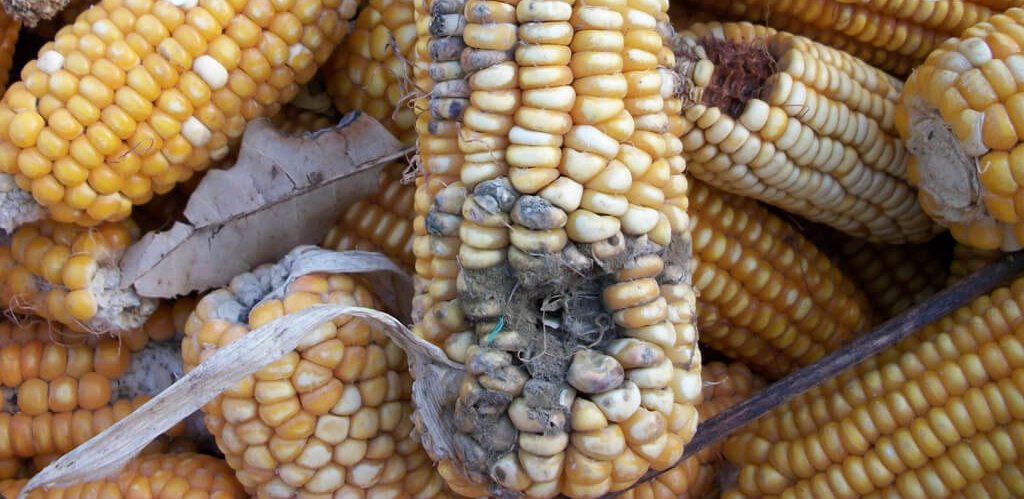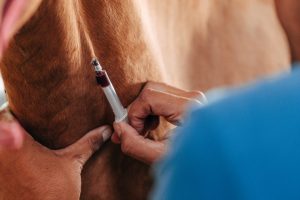Aflatoxins are toxic compounds produced by certain strains of the fungus Aspergillus flavus and Aspergillus parasiticus. They can grow on a variety of crops, including maize, and can cause serious health problems in humans and animals if consumed in large amounts. There are many ways through which aflatoxins formation in maize can be prevented.
Read more about Four types and or categories of toxins possibly present in your maize or maize flour
To prevent the formation of aflatoxins in maize, several methods can be used, including:
- Crop rotation: Planting different crops in a field each year can reduce the build-up of the fungus in the soil, and thus reduce the risk of aflatoxin contamination.
- Field sanitation: Removing and destroying infected plants, and cleaning up debris from previous harvests can help to reduce the spread of the fungus.
- Cultural practices: Proper irrigation, fertilization, and crop management can help to promote healthy plant growth and reduce the risk of aflatoxin contamination.
- Fungicide application: Certain fungicides can be used to prevent or control the growth of the fungus, but it’s important to be cautious when using them as they can have negative effects on human and environmental health.
- Genetic resistance: Some maize varieties have been developed that have resistance to aflatoxin contamination, and planting them can help to reduce the risk of contamination.
- Harvesting and storage: Proper harvesting techniques, such as timely picking and avoiding damage to the kernels, and proper storage conditions, such as drying and keeping the maize in low humidity and cool conditions, can help to prevent the growth of the fungus.
It is important to note that a combination of these methods may be needed to effectively prevent aflatoxins formation in maize. Additionally, monitoring and testing the crops regularly is important to detect the presence of aflatoxins, and in case of detection, the contaminated products should be discarded or treated to destroy the toxins.
Find out how you can assure food safety.




